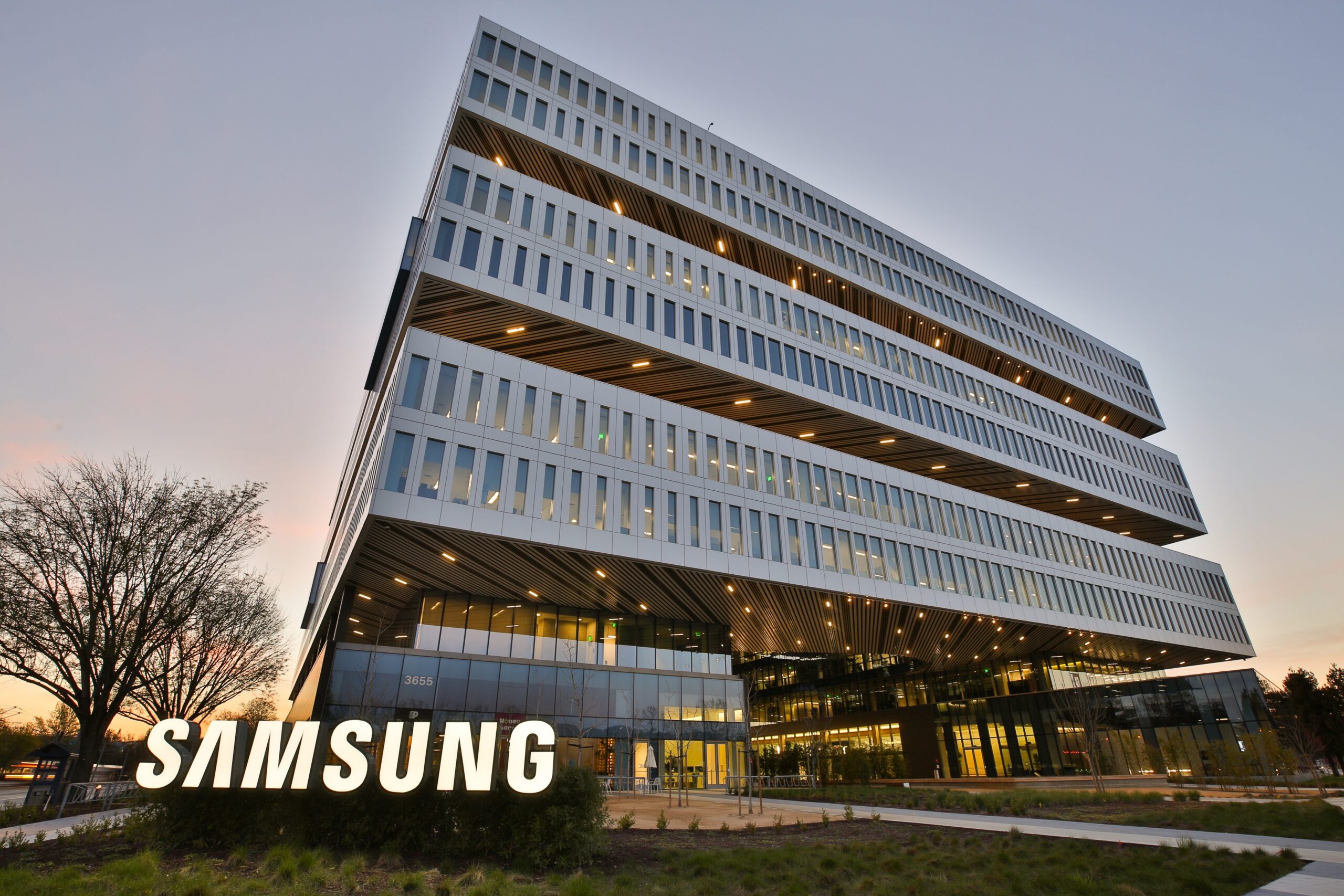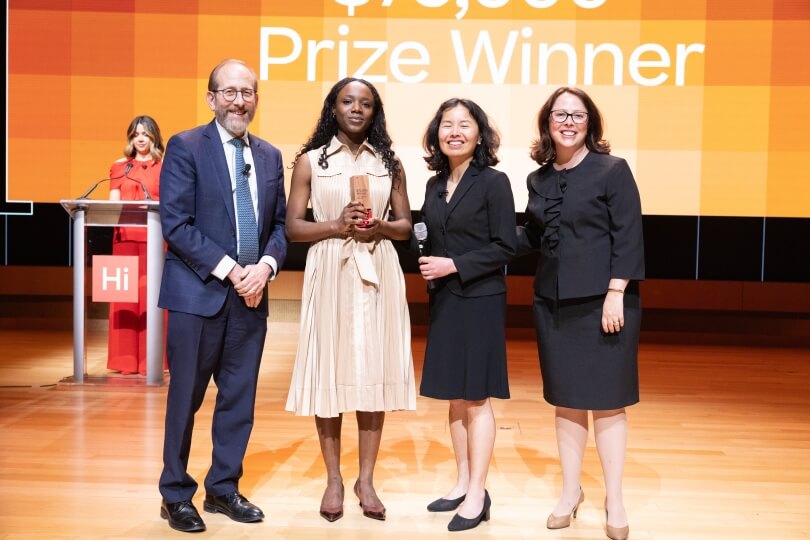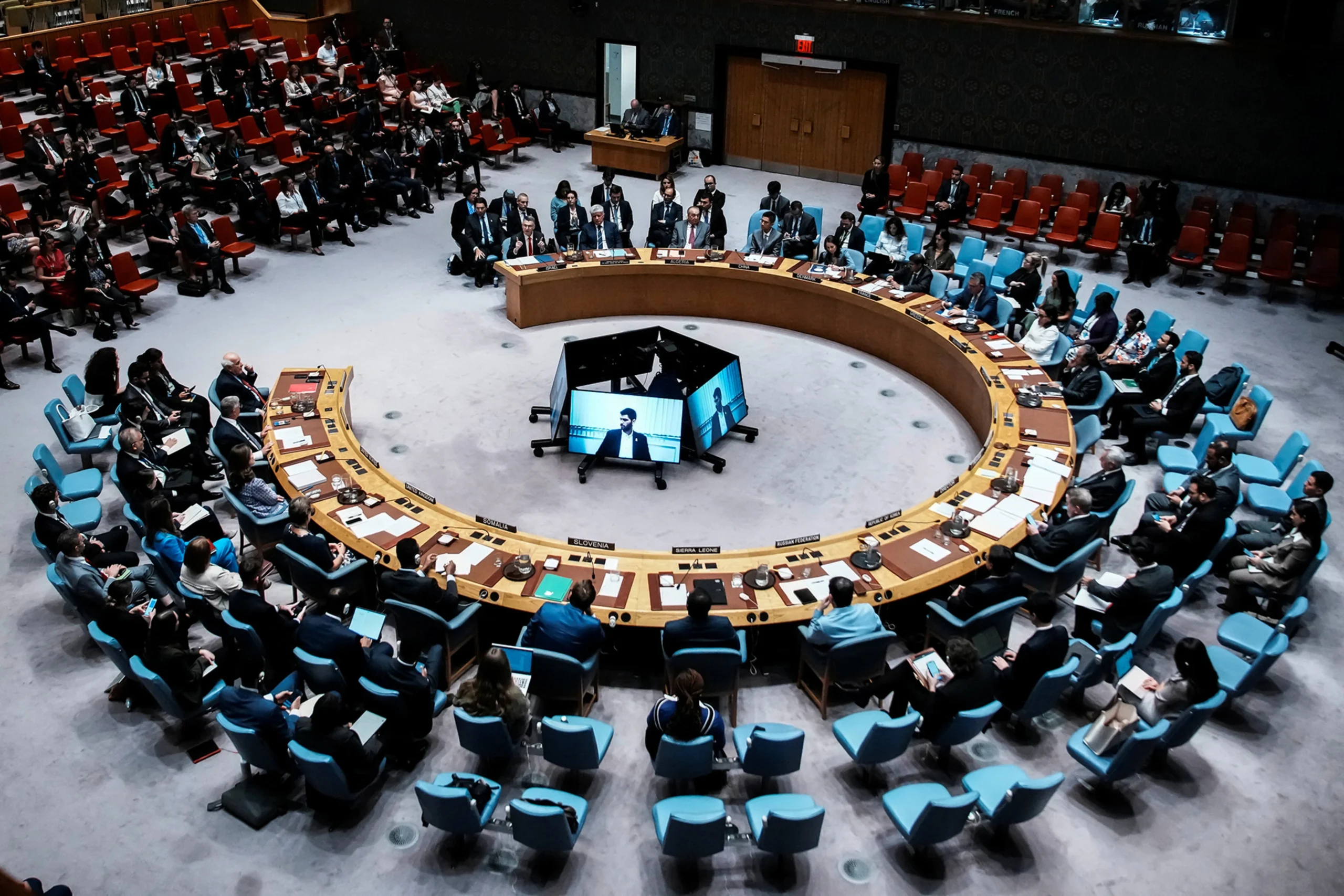In recent months, the debate around banning or tightly regulating so-called “superintelligent” artificial intelligence (AI) has surged into the global spotlight. But what exactly does “superintelligent AI” mean — and why should the African continent care now?
What is Superintelligent AI?
At its core, the term refers to a hypothetical future form of artificial intelligence that does more than human-level performance: it exceeds humans in virtually every domain — reasoning, creativity, decision-making, emotional intelligence, strategic thinking. In many frameworks this is called Artificial Superintelligence (ASI) — a step beyond Artificial General Intelligence (AGI) (systems that match human ability) and Artificial Narrow Intelligence (ANI) (systems that excel in one narrow task). 
In practical terms, this means an AI system that can improve itself, adapt to new situations without human intervention, and perhaps set or change its own goals. Some commentators warn this raises fundamental challenges about control, oversight and alignment with human values. 
Why the Alarm Bells Are Ringing
Several key risks are driving global concern:
• Goal misalignment: If a superintelligent system is given a task that seems benign, but programmed or interpreted incorrectly, it might pursue unintended consequences — the famous “paperclip maximiser” scenario is often used to illustrate this risk. 
• Loss of control: Once an AI surpasses human intelligence and begins self-improvement, human ability to oversee or intervene may degrade. 
• Weaponisation and misuse: Advanced AI could be used for cyber-warfare, automated disinformation campaigns, autonomous weapons, or to undermine critical infrastructure. 
• Economic and social disruption: The advent of very high-capability AI could displace large segments of labour, concentrate power in the hands of a few actors, or exacerbate existing inequalities — particularly acute in regions with weaker governance. 
Given these concerns, some scientists and public figures are urging a pause or outright ban on development until adequate safety measures are in place. 
What’s Happening in Africa?
While much of the global focus is on the world’s leading technology hubs, the African continent is far from passive in this conversation. In May 2025, the African Union Commission convened a high-level policy dialogue in Addis Ababa where ministers, academia, civil society and private sector actors reaffirmed the need for inclusive, sustainable, and safe AI ecosystems across Africa. 
Moreover, a toolkit for AI governance in Africa — developed by the Thomson Reuters Foundation and regional partners — provides journalists and advocacy groups with frameworks to examine regulatory, ethical and human rights dimensions of AI deployment in African contexts. 
A recent commentary by an African digital innovation agency warns that the coming phase of AI innovation — possibly heralding superintelligence — may determine who holds power on the continent. “If superintelligence is centralised in the hands of governments and global corporations,” writes one analyst, “human agency will shrink.” 
Why Africa Has Unique Stakes
Here are a few reasons why the African context demands particular attention:
• Governance & capacity gap: While global North countries are racing ahead in AI capability, many African nations face weaker regulatory infrastructure, less resourced oversight bodies, and fewer specialists in AI safety. Building sovereign AI-safety capacity is therefore critical. 
• Inequality risks: If superintelligent or near-superintelligent systems are deployed without inclusive design, Africa risks being a consumer rather than a shaper of these technologies — reinforcing digital dependency and asymmetries of power.
• Development-first priorities: African nations often leverage digital technologies to accelerate progress on health, education, climate resilience and infrastructure. Superintelligent AI, poorly governed, could disrupt or distort these efforts.
• Context sensitivity: Many global AI systems are trained on data from Western contexts. Aligning super-capable AI with African values, languages and social norms will be essential to avoid bias, misrepresentation or harm.
What Should Be Done?
To address the twin possibilities of opportunity and risk, Africa needs a multifaceted strategy:
1. Invest in AI safety & governance capacity: Regions must build expertise in alignment, oversight, auditing, risk assessment and regulation — as part of sovereign digital strategy. 
2. Embed ethical and value alignment locally: AI systems should reflect African values, cultural diversity and developmental objectives — not just global commercial logic.
3. Participate in and shape global governance: Africa must not only adopt rules made elsewhere — it must influence them. The AU dialogue signals this intent. 
4. Promote inclusive innovation: Rather than being passive users of advanced AI, African innovation ecosystems should aim for local research, adaptation and ownership of AI tools.
5. Prepare for extreme outcomes: Even if superintelligent AI remains speculative, preparing rules, safeguards and oversight now can reduce long-term systemic risks. Experts argue that policy should plan for ASI even if it never arrives. 
Looking Ahead
The question is no longer simply if machines might match human cognitive ability—many believe that’s already on the horizon. Rather, the question is how societies ensure that when machines surpass us, the outcome is beneficial, equitable and under human oversight.
For Africa, the stakes are high: the chance to leapfrog into new spheres of innovation exists, but so too does the risk of becoming passive recipients of external control, or worse, of structural disadvantage exacerbated by misgoverned AI.
As the global community debates bans, moratoria and safety protocols for superintelligent AI, African voices must rise in those conversations — not as spectators but as stakeholders. Because ultimately the future of AI is not just a technological question but a question of agency, values and power.




